Question And Answer
Publications
Articles, publications, books, tools and multimedia features from the U.S. Institute of Peace provide the latest news, analysis, research findings, practitioner guides and reports, all related to the conflict zones and issues that are at the center of the Institute’s work to prevent and reduce violent conflict.
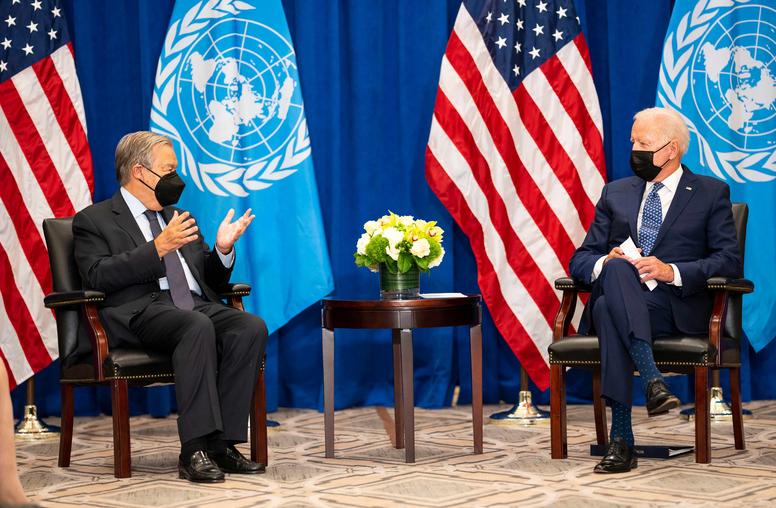
Rethinking U.S. Engagement with U.N. in the Context of Ukraine: Part One
The international community’s swift and unified response to Russia’s invasion of Ukraine has been nothing short of historic. Countries around the world have offered their individual repudiation of Russia’s aggression, from sanctions to much-needed aid for Ukrainian forces and civilians. But it’s the resurgence of multilateral institutions such as the United Nations that has been one of the more interesting — and potentially powerful — developments so far.
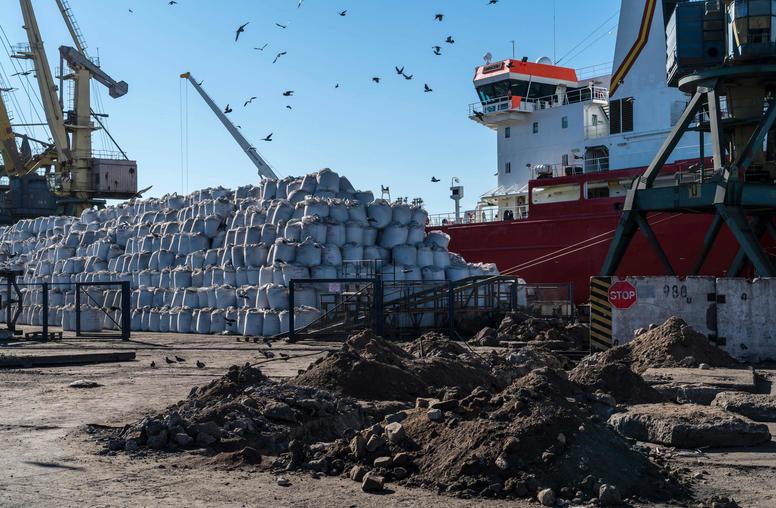
Ukraine War Fallout Will Damage Fragile States and the Poor
The world is gripped by the Russian invasion of Ukraine — already the most destructive European conventional military conflict since World War II. The damage being done most tragically to Ukraine, indirectly to Europe (not least the burden of refugee inflows) and to Russia (including as a result of crushing sanctions) is only too obvious. But the repercussions will be wider — for the global economy more generally and disproportionately for poorer countries, especially those affected by conflict and state fragility.
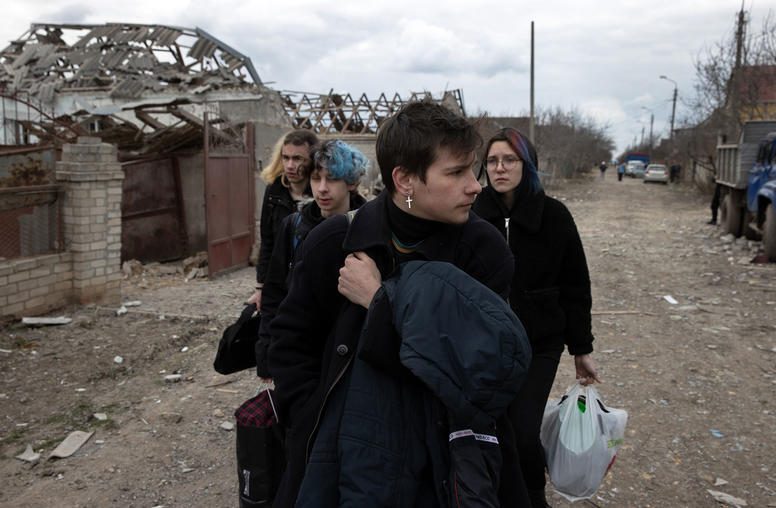
In Ukraine, a War of Rare Clarity Demands Accountability
The world is witnessing a Russian assault so unprovoked, and Ukrainian agony so brutal, that these four weeks have forged a historically rare moment of moral clarity and global unity in affirming the criminality of a war. Nations must convert this clarity and unity into actions. We must sustain support for the Ukrainians who are courageously bearing their unsought role as frontline defenders of the democracy and rule of law on which a peaceful world depends. Second, we must begin now to ensure eventual accountability and justice for the authors of this war. Third, we must buttress our global institutions of that justice.

The Negev Summit Furthers Arab-Israeli Normalization
Earlier this week, the top diplomats from Egypt, Morocco, Bharain, the UAE and the United States arrived in Israel at the invitation of Israeli Foreign Minister Yair Lapid for what was named the Negev Summit. Building on the normalization breakthrough started by the 2020 Abraham Accords, the summit marked a significant diplomatic shift for the region — especially as concerns mount over the fallout from Russia’s invasion of Ukraine. USIP’s Lucy Kertzer-Ellenbogen and Ambassador Hesham Youssef look at what happened at the summit, how the topics of Iran and Russia were addressed, and what this means for the Israeli-Palestinian peace process going forward.
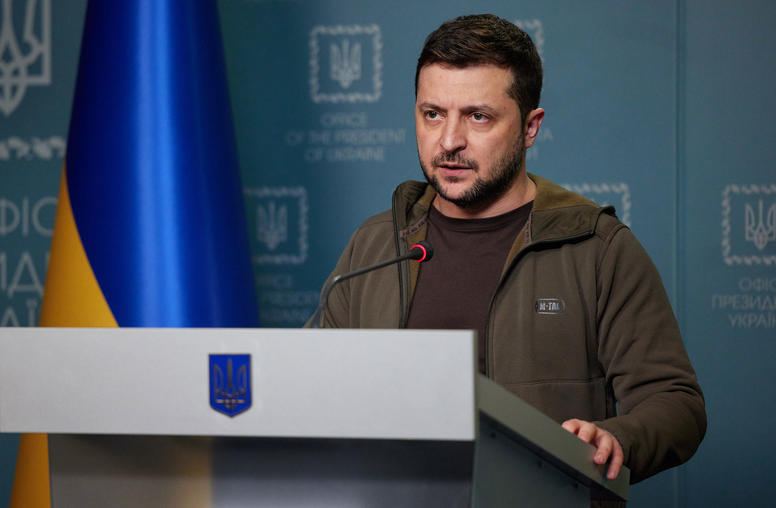
Ukraine considers neutrality. Will Putin respond?
Ukrainian President Volodymyr Zelenskyy has just expanded on his proposal to halt Russia’s brutal invasion of Ukraine by offering to seek his country’s long-term security through a neutral status guaranteed by Russia, the United States and European nations. This is a serious response to Russian President Vladimir Putin’s stated reason for war—denying Ukraine its right to someday join the NATO alliance. The question now confronts Putin: Will he thus end his bloodshed? Or will he continue a war more truly based on his fear of allowing Russians to witness a free democracy of their fellow ethnic Slavs on Russia’s border?
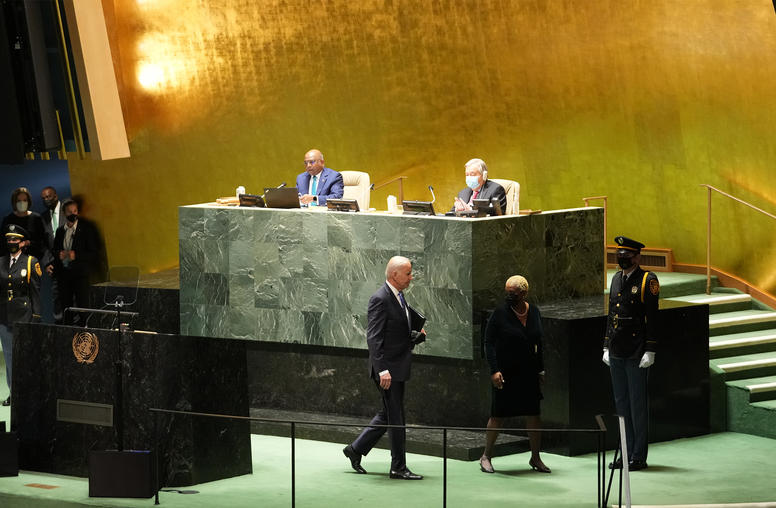
Rethinking U.S. Engagement with U.N. in the Context of Ukraine: Part Two
Russia’s war in Ukraine is a salient reminder of the world’s vulnerabilities to the potential cataclysmic impact of modern warfare. Russia’s nuclear arsenal, the world’s largest, is one of the underlying reasons why its actions in Ukraine have gone unchecked directly by NATO forces. Amid these threats, rules-based international institutions such as the United Nations have long been crucial to peaceful conflict prevention and resolution — but their effectiveness has been hampered in recent years by the United States’ withering commitment to multilateralism.
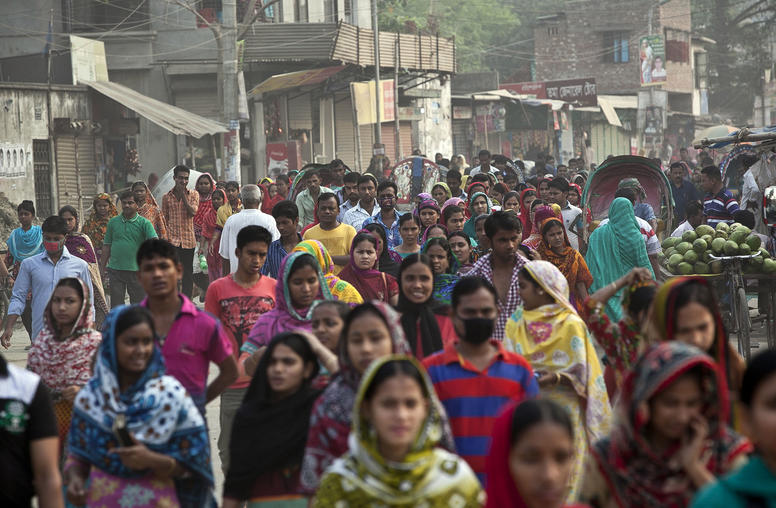
Bangladesh’s Balancing Act Amid the U.S. Indo-Pacific Strategy
As the Biden administration implements its new Indo-Pacific strategy, Bangladesh’s relationships with neighboring India and China are drawing renewed interest from U.S. policymakers. U.S. Undersecretary for Political Affairs Victoria Nuland visited Dhaka in late March and signed a draft defense cooperation agreement; last year, Special President Envoy for Climate John Kerry also went to Dhaka in advance of the Leaders’ Summit on Climate. At the same time, Washington retains concerns over democratic backsliding, human rights abuses and constraints on free and open electoral competition in the country. Experts Anu Anwar, Geoffrey Macdonald, Daniel Markey and Jumaina Siddiqui assess the factors shaping Bangladesh’s relations with its neighbors and the United States.
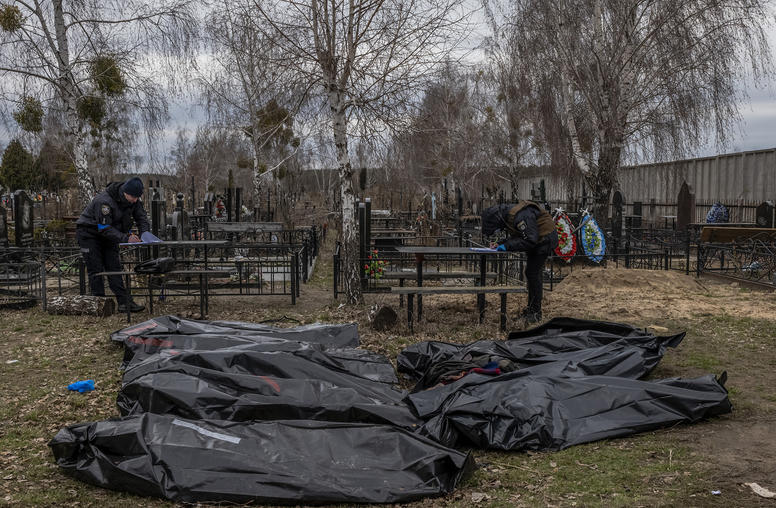
Ukraine: Justice for War Crimes Must Begin with Evidence
Photos and reporting emerging following the withdrawal of Russian forces from towns near Kyiv have triggered global revulsion, notably at the apparent summary execution of civilians. This initial evidence strongly suggests that Russian behavior in towns like Bucha and Irpin amounts to the widespread, systematic violence against civilians typical of atrocity crimes. World leaders have condemned the violence as war crimes, urging investigations and accountability. Ensuring eventual accountability for perpetrators and justice for victims means governments and others must quickly support the essential first step: the broadest possible collection of evidence.
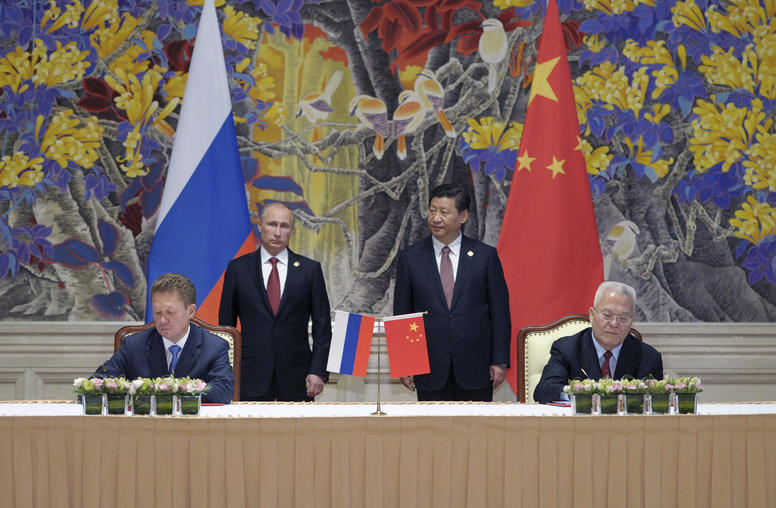
Ukraine Crisis Prompts China to Swing Behind Myanmar’s Junta
After a year of tentative ties with Myanmar’s democratic opposition, China this month dropped all pretension of hedging its bets and ramped up support for the military regime. Beijing framed its decisive economic and political move in part as a response to the “Ukraine crisis,” hinting that Russian backing for the junta may wane on the heels of Moscow’s stumbles in Ukraine, forcing China to fill the gap. With China bringing increasing pressure on Southeast Asian states to follow its lead in legitimizing Myanmar’s dictatorship, all parties in the region, and those with interests in it, will have to rethink their Myanmar strategies.
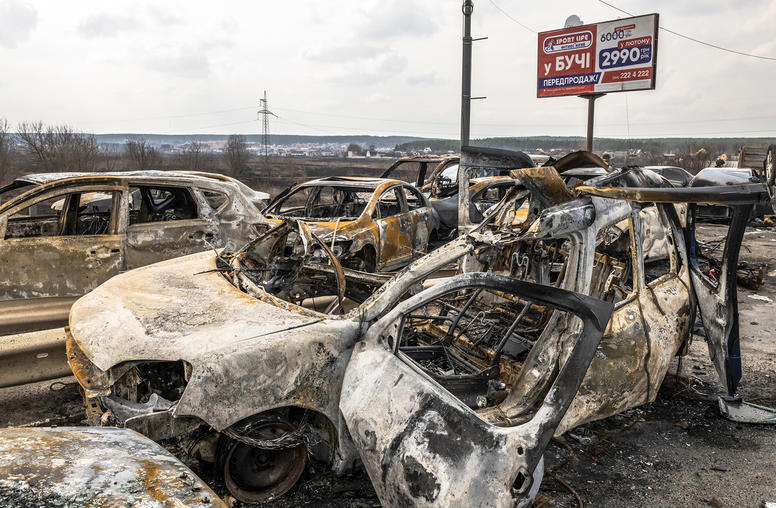
China’s Ukraine Gambit: Beijing Plays Both Sides
Beijing finds itself astride two policy tracks that appear to be moving in opposite directions: committed to affirming its carefully cultivated ties with Russia but also committed to upholding, at least rhetorically, the inviolability of territorial sovereignty. As Russia’s invasion enters a new phase, and more evidence of tragedies of emerge, China’s gambit may become increasingly uncomfortable.